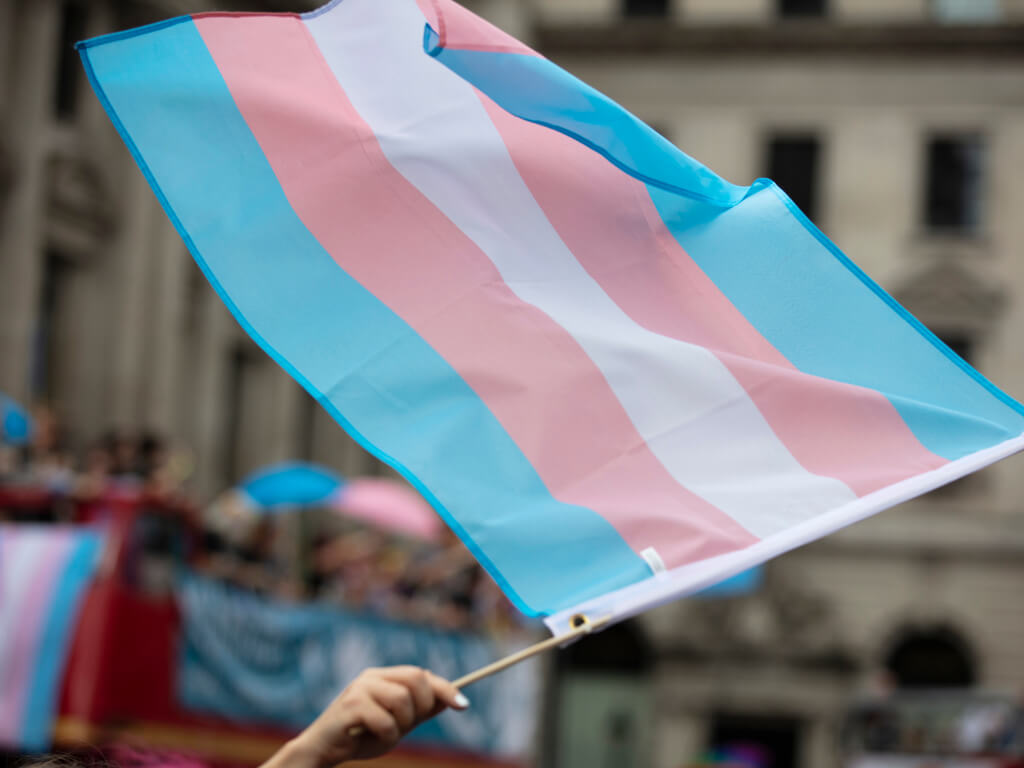Although the LGBTQ community has experienced huge milestones in the last several years—most recently, the U.S. Supreme Court’s 2020 decision in Bostock v. Clayton County, Georgia, which confirmed that federal law prohibits employment discrimination on the basis of sexual orientation and gender identity—there is still a long way to go in the fight for LGBTQ equality and safety. This is especially true for transgender people, who are being targeted by a wave of anti-trans proposed legislation across this country.
But anti-trans targeting isn’t limited to discriminatory legislation. The reality is that anti-transgender violence is on the rise. 2020 marked the highest number of murders of transgender and gender non-conforming people in the United States—at least 37—since the FBI began reporting these hate crimes in 2013. A staggering 85% of murders since 2013 have been against trans women of color.
Importantly, the majority of the time (56%), anti-trans murders are perpetrated by individuals who have some personal connection to the trans victim. According to the Human Rights Campaign:
Interpersonal violence accounts for a significant number of fatalities against transgender and gender non-conforming people. In 2020, approximately seven in ten transgender and gender non-conforming people killed as a result of fatal violence were killed by an acquaintance, friend, family member or intimate partner. Unfortunately, the relationship of the victim to the killer is still unknown for close to one-third (30%) of all known cases. This means that anywhere from 44% to 74% of victims since 2013 were violently killed by someone they knew, including intimate partners, family members, friends, peers and acquaintances.
Women who work in male-dominated industries also have an increased risk of facing sexual harassment. These statistics are emblematic of the fear that trans folks, especially trans women, face in the workplace: interpersonal relationships with coworkers could turn violent.
For trans people out there: we are here for you. If your coworkers, supervisors, or the general workplace culture perpetuate transphobia, make comments that make you feel unsafe, or treat you differently, contact us. If your performance is criticized and you are are being labeled as “dangerous” or “angry” or “volatile,” these are transphobic tropes that could be indicative of discriminatory motive. If you watch others getting promoted over you time and time again, we can help you figure out if it’s because of your trans status.
For those who are not transgender or nonbinary: it’s critical that we foster a workplace that is safe for our trans coworkers and clients. This spring, the Connecticut Bar Association held an excellent training called Creating a Safe and Welcoming Environment for Transgender Clients. The teachings span far beyond a lawyer/client relationship and apply to work culture as a whole. The take home message: safety starts with being kind and respectful. If you have questions you wish you could ask your trans colleague, start with Google and educate yourself. While your trans coworkers might be willing to answer, they should not have to be the spokesperson for all trans issues. Be an ally when your trans coworker is not in the room, and correct people if they make anti-trans comments (whether intentional or not). The best kind of workplace is one in which everyone has the opportunity to reach their highest potential, and you can be a part of shaping a positive culture.
